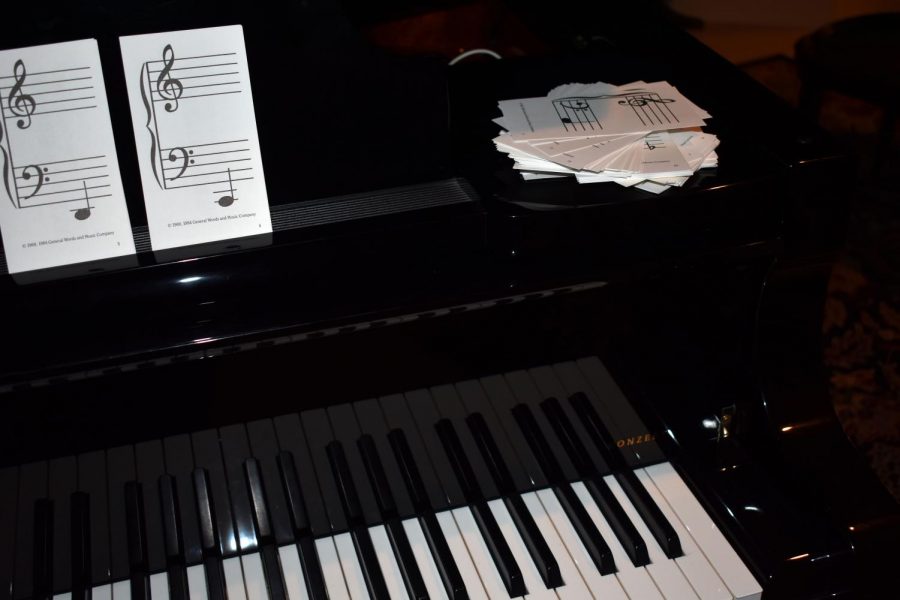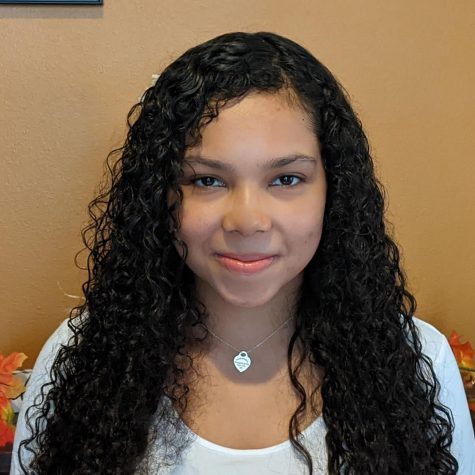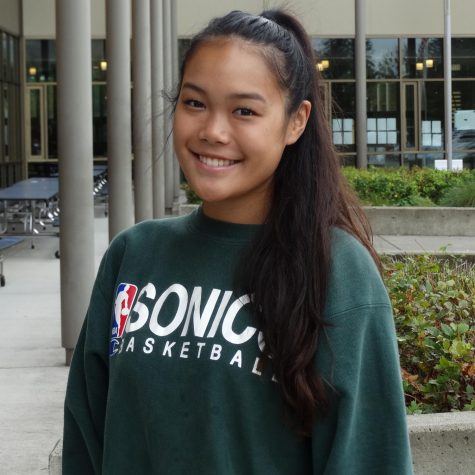The Chaotic Entanglement between Politics and Music
October 29, 2020
As politics become increasingly divisive, it is not surprising that many have become more outspoken and passionate about their thoughts on the nation. This passion has certainly made itself known in art and its various media. For music, in particular, numerous songs have political themes with varying degrees of subtlety. Politicians are known for utilizing music as a means to hype up a crowd during their rallies or campaigns. Now, more than ever, artists have taken issue with their music being used by politicians, especially those they do not agree with. The legality surrounding the usage of music at political campaigns is murky at best. According to Deadline, both classic rockers and current stars have teamed up “with the Artist Rights Alliance to call on major U.S. political parties to ‘establish clear policies requiring campaigns to seek consent of featured recording artists, songwriters and copyright owners before publicly using their music in a political or campaign setting.’” In addition, it included a long-list of artist complaints against Donald Trump’s usage of their music at his rallies.
The intertwining of politics and music is undeniable, but the extent to which they should influence each other and our consumption of them is a topic of debate. In various ways, art imitates life, but our music taste can also be a reflection of our political beliefs as well. Senior Connor O’Brien notes that “genres arise out of different locations and cultural groups so the [music] that comes from areas that are more liberal-leaning are going to have lyrics and ideas that reflect that mindset.” This idea is reflective in the musical playlists that politicians use at campaign rallies. Kamala Harris, during her previous run for presidency, had a 41-track playlist that was dominated by Black and Latino artists. She included several California-native hip-hop artists, a tribute to her home state.
Donald Trump’s campaign seems to prioritize music that encourages crowd-hype, rather than representation or political message. He is known for playing loud, bombastic rock music as he walks onto the stage. His playlist is dominated by white artists and bands and, similar to Elizabeth Warren, has music that is mostly from the previous century. Artists have always taken issue with their music being used by the candidates that they disagree with, “but the lineup of musicians who have asked Trump to stop playing their songs alone is a Rock and Roll Hall of Fame on its own.” Certainly, artists are fearful of their music being forcibly attached to a political message. Junior Avery Chien describes herself as someone who can ignore the ties between music and politics at a surface level, but that she would “question and rethink the lyrics” of artists who differ from her politically. She adds: “I would continue to listen to their music, but I would have that reminder in the back of my head that I heard this while I was watching a Trump rally.”
Considering the demographics of both artists and listeners of certain genres, some students like sophomore Jeffrey Yang generally perceive “country music as conservative” and “pop [music] as liberal.” These stereotypical generalizations seem to cause confusion on the politics of one’s favorite artists as well. Over the summer, right-wing fans of rock band Rage Against the Machine went viral over their anger and confusion at just realizing “the radical undercurrent of their music.” However, their “music has always had a left-wing bent, with much of their lyrics targeting corporate America, cultural imperialism and government oppression.” With this in mind, it brings about the question of whether or not artists should keep their politics separate from their music. Freshman Haley-Lu Nguyen stated that artists have the “freedom of speech” so they should be able to state their political views, but that they should “use their platform wisely” as they can cause further “chaos” and division. Artists create music that have very overt political messages that leave very little room for differing interpretations. For example, Childish Gambino’s “This Is America,” has reignited in popularity on TikTok and at protests due to its poetic commentary on the broken state of American society. NWA’s “F**k The Police” has lyrics that are still being chanted today despite it being over thirty-years-old.
The entanglement between politics and music is hard to deny, and even harder to ignore. For some, it is easy for them to listen to a song that holds political sentiments that differ from their own. Other people find it incredibly difficult to separate art from politics. Either way, music is a medium for personal expression and several musicians take offense to their beliefs and ideals being misrepresented at the hands of politicians. O’Brien shares his view on consuming music in such chaotic times: “It’s important to separate the art from the artist unless it fundamentally represents a message that goes against you.”




Christine Richmond • Nov 17, 2020 at 9:00 am
Hi Rebekah, this is Chrissy in the Health Room at IHS. I just read your article about music and politics. Very well thought out. I heard that the Village People were not happy to have their music played at Trump rallies but did not have enough money to sue. Very topical article. I enjoyed it very much.